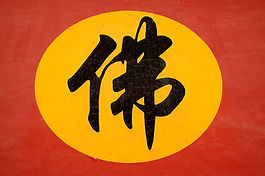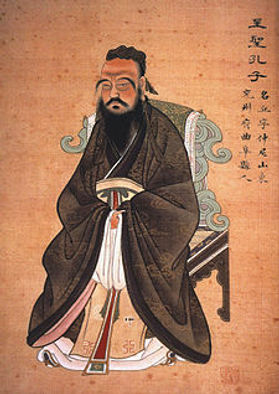religion
The religion of the Manchus are diverse
Originally, Manchus, and their predecessors, were principally Shamanists. After the conquest of China in the 17th century, Manchus came into contact with Chinese culture. They were markedly influenced by Chinese folk religion and retained only some Shamanic customs. Buddhism and Christianity also had their impacts.
3 Major Religions



SHAMANISM
Manchu Shamanism by virtue of the word "shaman" being originally from Tungusic šamán("man of knowledge"),[1] later appied by Western scholars to similar religious practices in other cultures. It is a pantheistic system, believing in a universal God called Apka Enduri ("God of Heaven")
BUDDHISM
shaped Chinese culture in a wide variety of areas including art, politics, literature, philosophy, medicine, and material culture.
CATHOLICISM
"Religion of the Lord of Heaven", after the term for God traditionally used in Chinese by Catholics) has a long and complicated history. Christianity has existed in China in various forms since at least the Tang Dynasty in the 8th century AD.



Confucianism
end of Religion

-
is described as tradition, a philosophy, a religion, a humanistic or rationalistic religion, a way of governing, or simply a way of life.
Confucianism, a Western term that has no counterpart in Chinese, is a worldview, a social ethic, a political ideology, a scholarly tradition, and a way of life. Sometimes viewed as a philosophy and sometimes as a religion, Confucianism may be understood as an all-encompassing way of thinking and living that entails ancestor reverence and a profound human-centred religiousness. East Asians may profess themselves to be Shintōists, Daoists, Buddhists, Muslims, or Christians, but, by announcing their religious affiliations, seldom do they cease to be Confucians.
